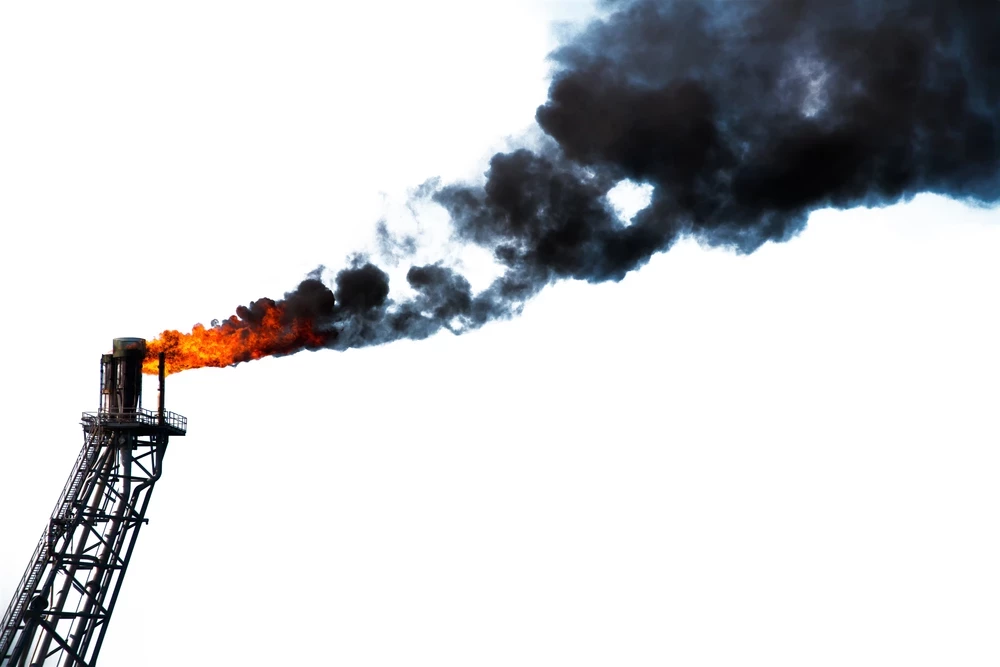Editorial: Dynastic Reshuffle In Saudi & Its Aramco Effects
Add bookmarkAs Ali Al-Naimi, the Saudi minister of petroleum and mineral resources, tells CNBC that: "no one can set the price of oil - it's up to Allah", similarly seismic statements have been made in the land of his birth over the past week.
In what amounts to a political and dynastic reshuffle, 78-year old ruler, King Salman, who acceded to the throne in January after the death of his half-brother, Abdullah bin Abdulaziz Al Saud,has changed the order of succession to the throne. The plan has been approved by the majority of the Allegiance Council, a body set up to ensure an uncontentious assent to leadership, which is made up of 28 members: nine surviving sons of Abdulaziz, the first monarch of Saudi Arabia, and his 19 grandsons.
King Salman’s reorganisation, has removed his half-brother, Prince Muqrin, as crown prince, replacing him with his nephew, Mohammed bin Nayef, and promoting his own son, Mohammed bin Salman, to the position of deputy crown prince.
The move is seen to represent a tightening of relations with the US and the adoption of a more hardline policy towards regional adversaries. Both Mohammed bin Nayef and his wife, Reema Bint Bandar Al Saud, were educated in the US, and as minister of defence, Mohammed Bin Salman has been the official face of ongoing military operations in neighbouring Yemen.
The royal shakeup will also have an effect at the oil industry level on the world’s largest oil producing corporation, Saudi Aramco. The current CEO, Khalid Al Falih, has been awarded chairmanship of the company and a post as health minister. His departure will see Mohammed bin Salman stepping up as the head of Aramco’s new 10-person board. The fourth son of King Salman, Prince Abdelaziz, will be elevated to the position of deputy oil minister, giving the royal a family direct line to both of these pillars of state for the first time.
The placing of the country’s main revenue generating instrument in royal hands may well make it more marked by the fingerprints of state, bringing it further into the realm of national infrastructure projects than purely oil and gas activities.
With 90 per cent of the Kingdom’s revenue derived from the hydrocarbons business, and coffers barer than at any time in the past half decade, it is easy to see how the path of a company that makes $180 billion profit a year can be deviated to bolster a sovereign state in hard times. Whether that would be its first, best destiny may be up to greater powers to decide….





















